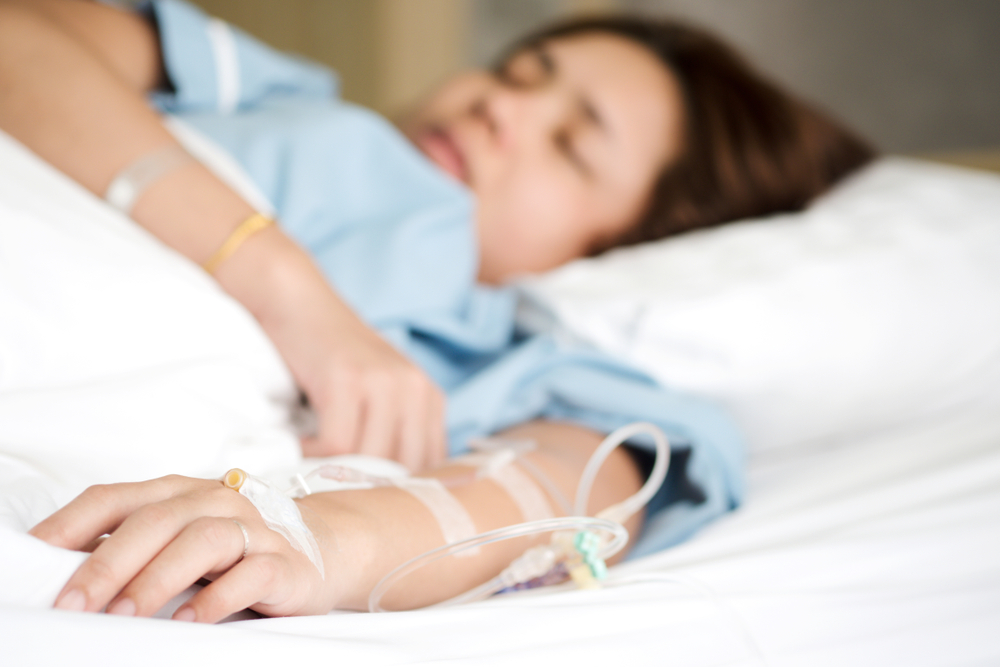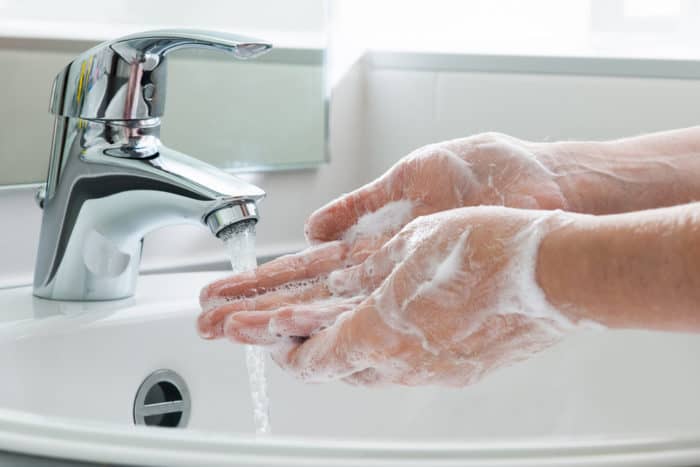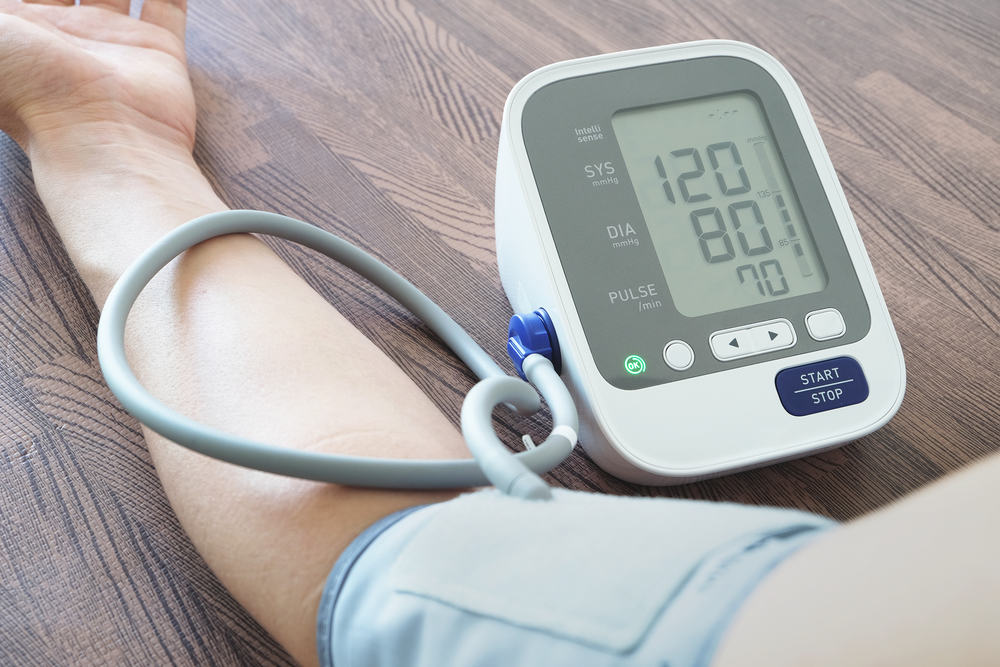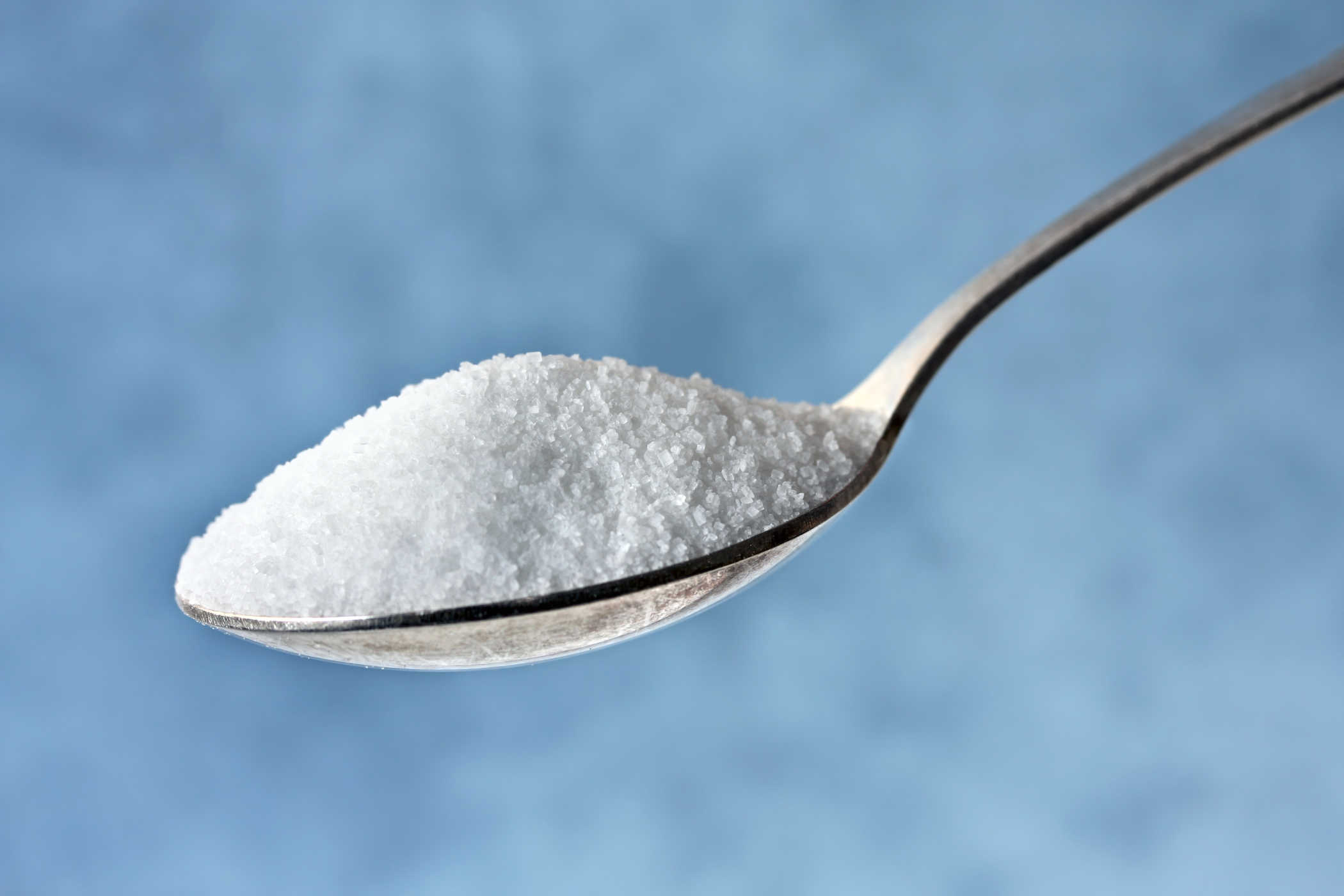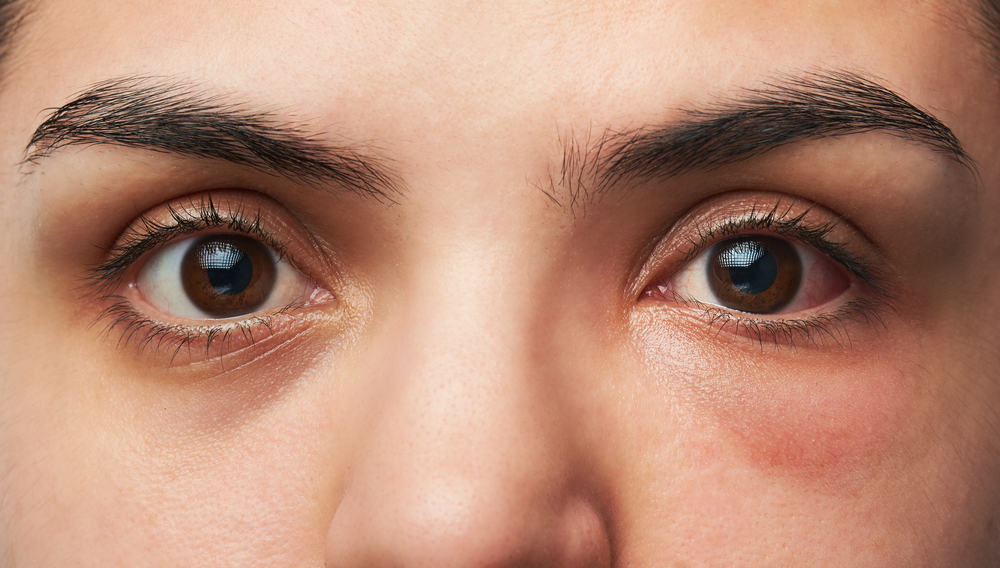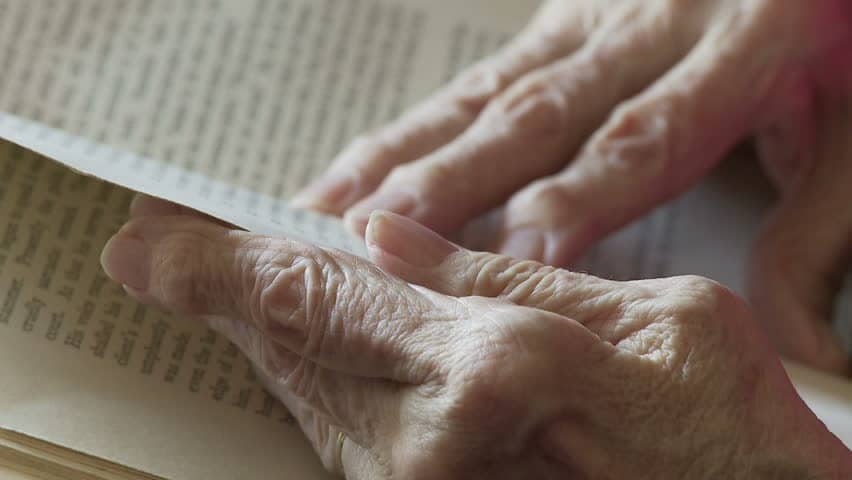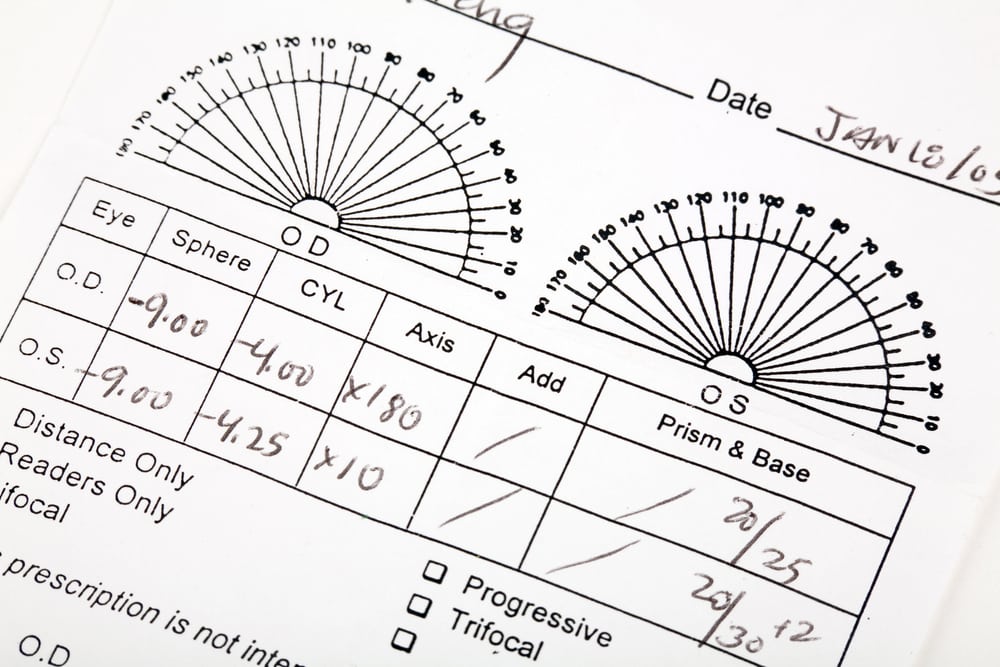Contents:
- Medical Video: Cannabis Bringing The Dead Back To Life - Sepsis Blood Infections
- Sepsis is dangerous blood poisoning
- How is the right treatment for sepsis?
- Can sepsis be prevented?
- 1. Diligently wash your hands with soap and running water
- 2. Recognize the symptoms of sepsis
- 3. Obey the rules for preventing infection
Medical Video: Cannabis Bringing The Dead Back To Life - Sepsis Blood Infections
Infection can affect anyone indiscriminately. Normally, the infection will be resisted by the immune system until the body returns to health. But in some cases, infection can actually lead to other problems, such as sepsis. Sepsis is an emergency condition that must immediately receive medical treatment. For more details, see the review of the following sepsis.
Sepsis is dangerous blood poisoning
Sepsis is a condition that arises when a chemical produced by the immune system into the bloodstream actually triggers inflammation. Even though it should, these chemicals work to help the body fight off infectious infections. This inflammation eventually causes blood poisoning, which affects the body's functions and damages your organ system.
Any infection is actually at risk for causing sepsis, but most cases of sepsis are more often caused by stomach infections, kidney infections, skin infections, bloodstream infections, and lung infections (pneumonia).
People who have sepsis will usually show signs and symptoms in the form of:
- Have an infection condition
- A fever above 38 degrees Celsius or body temperature below 36 degrees Celsius
- Heart rate above 90 beats per minute
- The breathing rate is more than 20 breaths per minute
In more severe cases, this symptom can be a sign that sepsis is in the heavy category. You may begin to experience patches on the skin, rarely urinate, difficulty breathing, often feeling tired, and so on.
Do not delay to immediately see a doctor if you experience a condition similar to the above. The earlier the treatment you get, the greater your chances of survival.
How is the right treatment for sepsis?
The first step that doctors will take to find out about sepsis is to observe the signs and symptoms that appear. All your medical history will also be considered further, especially if you have experienced a risky condition for causing sepsis, such as having undergone a surgical procedure, having an infectious disease, or a low immune system.
If you feel suspicious, your doctor may recommend that you do a blood test to check for infection in the body.
In addition, urine tests to find out bacteria in urine, wound secretion tests to find out infections from open wounds, and test mucus secretions to find germs or bacteria that cause infection, can also be done to strengthen the results of the examination.
After having tested positive for sepsis, the first treatment you will get is routinely given antibiotics that aim to treat bacterial infections.
But not just any antibiotic that can be given. Antibiotics will still be adjusted for the type of infection and the bacteria that causes it. That is why it is important to undergo a series of special sepsis tests to be diagnosed correctly.
In addition to giving antibiotics, you will also be provided with a series of treatments to inhibit the development of the disease while accelerating healing. Some treatments that are usually given to patients with sepsis are intravenous fluids (infusion), vasopressors (making blood vessels narrow), ventilators (if oxygen in the body decreases), until surgery.
Can sepsis be prevented?
Again, sepsis is not a trivial condition that can go unnoticed. Because, there are more than 30 million people who experience sepsis every year, reported by WHO. In fact, one in three patients with sepsis in the hospital was declared dead.
Therefore, you should take precautions as early as possible to avoid this condition. The Centers for Disease Control and Prevention (CDC) has summarized three main prevention of sepsis, including:
1. Diligently wash your hands with soap and running water
The earliest and simplest step to prevent sepsis is not to skip hand washing with soap and running water before or after doing something. Although it seems trivial, but this habit can help prevent the entry of infection into the body.
But not just soap, try to use antiseptic soap that can optimize your hand cleansing process. Why? Because antiseptic hand washing soap contains special ingredients that are considered effective for reducing the risk of infections caused by germs such as viruses, bacteria, fungi, or other dangerous parasites.
Not only that, you are also encouraged to routinely clean the body from head to toe with a bath twice a day.
2. Recognize the symptoms of sepsis
Understanding the symptoms that indicate the presence of sepsis can help you and those close to get immediate medical care right before the condition gets worse.
3. Obey the rules for preventing infection
Maintaining a healthy body can be started by always adhering to all the health recommendations suggested by the doctor. This includes understanding how to treat wounds right before developing into an infection, follow a predetermined vaccine schedule, and immediately consult a doctor if abnormal signs of infection appear.

